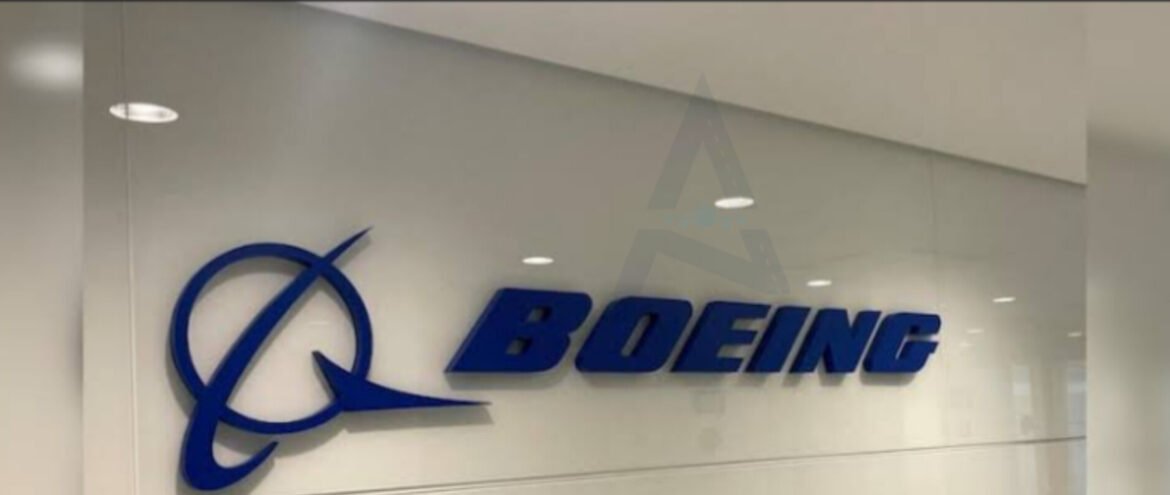Boeing has resumed production of its highly popular 737 MAX jetliner, marking a critical step in the recovery of the company, which has faced numerous challenges in recent years. This move comes roughly a month after a seven-week strike by 33,000 factory workers, which had halted production at the company’s facilities. The strike had put a temporary freeze on Boeing’s production capabilities, but with the resolution of labor disputes, the company is now getting back on track with one of its most important models.
The 737 MAX is a cornerstone of Boeing’s portfolio, and restarting its production is seen as vital for the company’s financial stability. Boeing is currently facing substantial debt, and the resumption of 737 MAX assembly is crucial for generating revenue to help ease its financial pressures. With around 4,200 orders for the jetliner already in place, the demand for the 737 MAX from airlines is high, driven by the growing need for air travel around the world. Airlines have been eagerly awaiting these aircraft to meet the surge in passenger demand as travel recovery accelerates globally.
The production line was restarted last Friday, according to sources familiar with the situation. These sources, who wished to remain anonymous due to the sensitivity of the matter, confirmed that Boeing had resumed assembly with careful planning to ensure that all systems were in place after the lengthy strike. The company has not publicly commented on the matter, but the move signals a strong push to return to full production capacity.
Boeing’s ability to resume 737 MAX production comes at a critical time. The global aviation industry is experiencing a post-pandemic recovery, and airlines are looking to modernize their fleets to meet increasing travel demand. The 737 MAX, with its fuel-efficient design and advanced features, is a key model for airlines looking to reduce operational costs and expand their services.
As Boeing works to clear the backlog of 737 MAX orders, it is also focusing on rebuilding its reputation after a series of setbacks, including the grounding of the 737 MAX following two fatal crashes. The company has implemented numerous safety improvements and updates to the aircraft to restore confidence among regulators and airlines. Despite these past challenges, the demand for the 737 MAX remains strong, reflecting its importance to the future of global aviation.
The resumption of production is a significant milestone for Boeing as it navigates a challenging recovery period. With the 737 MAX now back in production, the company is taking critical steps toward securing its place in the competitive aviation market and addressing the growing demand for air travel worldwide.

